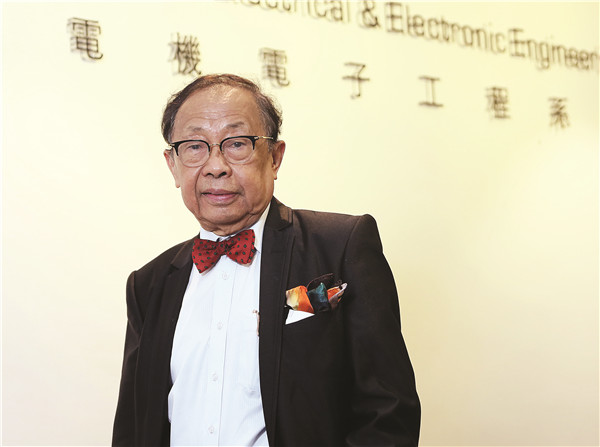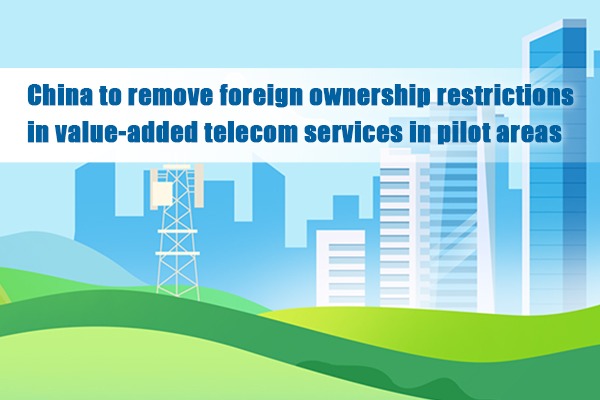Scientists urged to drive national transformation


Scientists in Hong Kong should act as a driving force in the national technological push, and should play a more proactive role in transforming the world's second-largest economy into a genuine powerhouse of science and innovation, Chan Ching-chuen, founding president of the World Electric Vehicles Association, said.
"A higher level of bilateral cooperation in science and technology between the Chinese mainland and Hong Kong is something inherent in the 'one country, two systems' principle," he said.
"It stands as a living example that the policy has been consistently enriched and developed."
Greater cooperation would fit well with China's drive to chart its own course to becoming "a global scientific and technology superpower" by 2049. It would also be in line with Hong Kong's need to diversify its economy from the two traditional pillars - financial services and real estate - toward innovative technologies, he added.
His remarks echoed President Xi Jinping's pledge to fund many of the research and development projects that contribute to Hong Kong's technological vision. Known as a leader of the city's scientific community, Chan was one of 24 academicians from the Chinese Academy of Sciences and the Chinese Academy of Engineering based in Hong Kong who wrote to Xi in June last year.
"When Hong Kong returned to the motherland in 1997, Asia's financial center missed out on a golden opportunity to join with Shenzhen (Guangdong province) to sharpen its edge as an innovator," he said.
"This time, as the plan for the Guangdong-Hong Kong-Macao Greater Bay Area signals a new phase in cross-boundary collaboration, Hong Kong cannot afford to miss the boat again. Such a big trend calls for a sense of urgency among the local regulatory and scientific communities in the face of increasingly serious challenges. The city should lose no time in finding its place in the national science-technology development."
He added that the Hong Kong government should take more active steps to develop an effective coordination mechanism with mainland policymakers.
Chan, dubbed "the father of Asian electric vehicles", believes that Hong Kong is "an ideal testing ground for electric vehicles", and can capitalize on its strength in technological advancement and international standards.
However, he conceded that the city lacks the land resources and huge investment to support mass production of electric cars, and said the mainland could make a contribution by boosting the nation's development of a "green" car market and a worldwide clean energy revolution.
Though China is a global heavyweight in terms of the manufacture of electric vehicles, when it comes to developing core technologies in the field, it still faces some difficult challenges, according to Chan.
"The prospects of electronic vehicles rely on improved collaboration between the mainland and Hong Kong. It is a living example of how the strengths of Hong Kong's scientists could be given full play by underscoring the country's vision to lead the pack in the next technological breakthroughs," he said.
- Action taken over Chongqing Gas Group overcharging
- Xi: Crucial role for new PLA force
- Obesity, myopia growing issues among youth
- Shanghai Coffee Culture Festival celebrates local coffee culture
- Developing Cyberspace Force crucial for network protection
- Thunderstorm delays flights at Guangzhou Baiyun International Airport



































